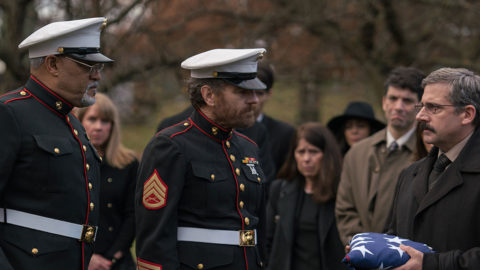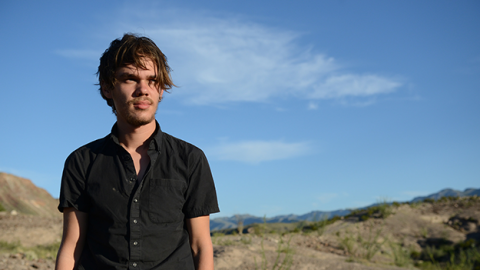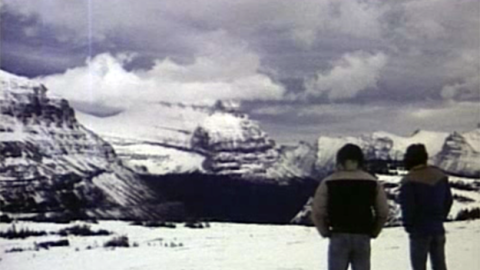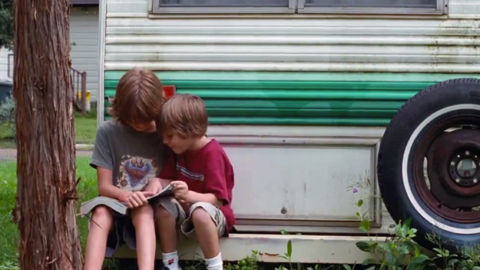By Michael Koresky in the November-December 2017 Issue
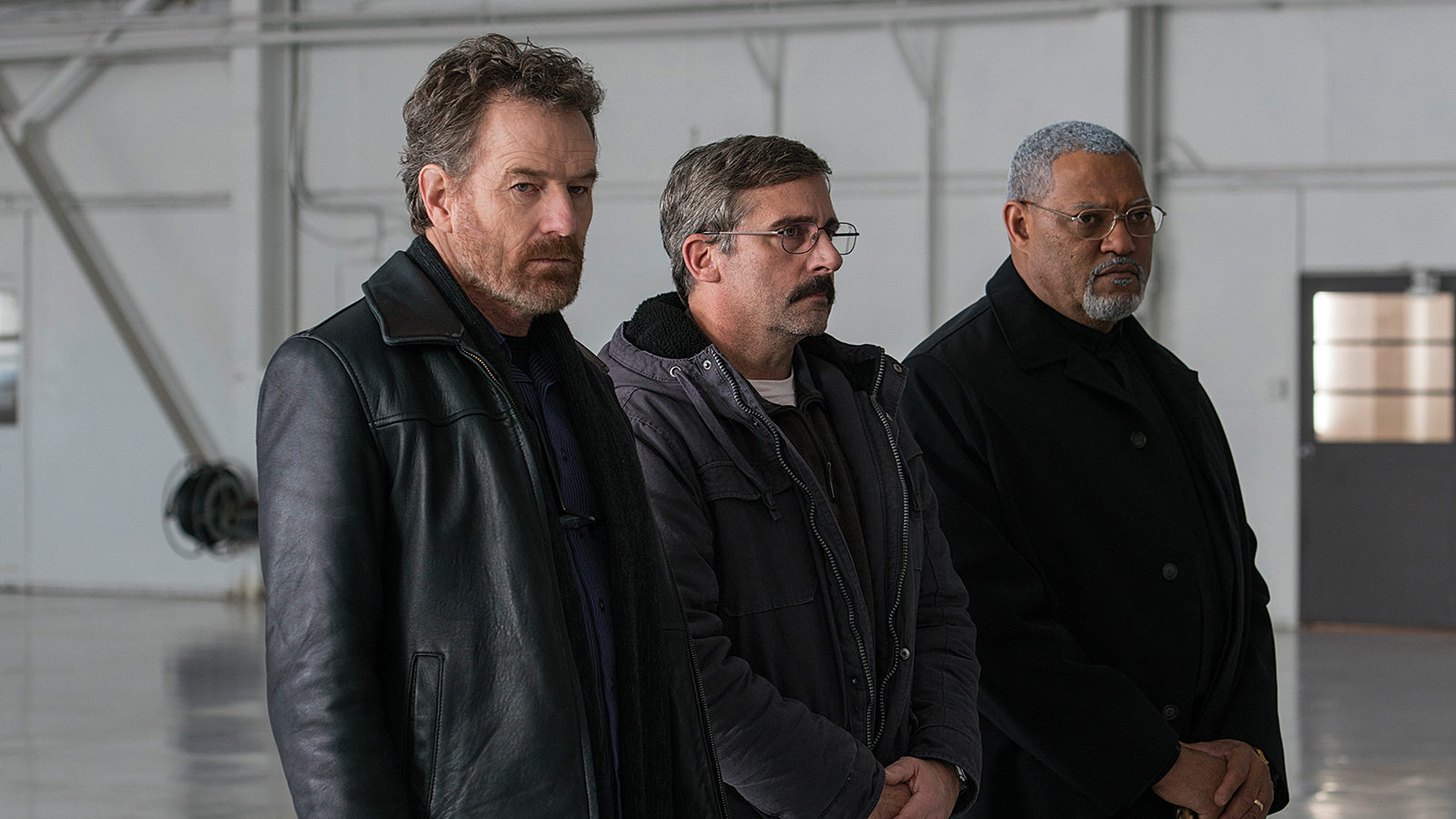
Short Take: Last Flag Flying
(Richard Linklater, USA, Amazon Studios & Lionsgate, Opening November 3)
Contemporary film culture agonizes over sussing out and defining the political content of every release, eager to slot it into the “correct” side of the right-left divide. No matter that the lives portrayed on screen often don’t fit into such neat binaries. One could easily see Linklater’s surly and somber Last Flag Flying, set during the second Iraq invasion in 2003, with its mixed dose of governmental disillusionment and muted patriotism, being recouped by either side. This doesn’t make the film noncommittal but nuanced and reflective of a central crisis in our culture.
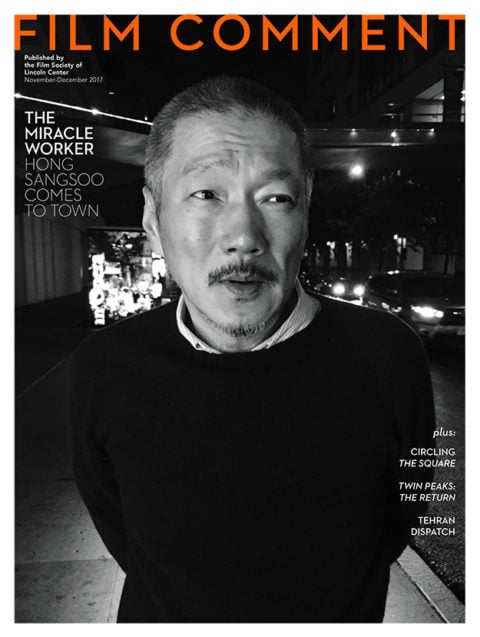
From the November-December 2017 Issue
Also in this issue
An adaptation of a 2005 novel by Darryl Ponicsan, a sequel to his own 1970 The Last Detail (the inspiration for Hal Ashby’s 1973 New Hollywood cornerstone), Linklater’s film catches up with the three former Vietnam vet buddies (whose names have been changed from the original), unexpectedly reunited when Doc (Steve Carell) enlists their aid in the grim task of helping to transport and bury his dead son, killed while on duty in Iraq. As the friends traveling from Virginia to the boy’s hometown in New Hampshire, Laurence Fishburne brings exasperated dignity to his Reverend Mueller, while theatrical Bryan Cranston is just exasperating as salty, loose-lipped bar-owner Sal, playing to the cheap seats rather than the camera.
As Last Flag Flying eases into being a road-trip film (a distinctly American genre I didn’t realize I missed so much until I was riding sidecar), Linklater, always better at time-constrained narratives, hits his stride, the guys’ camaraderie making Cranston’s shenanigans almost palatable. The film follows a familiar template, but the wounds it traces are undeniable.



